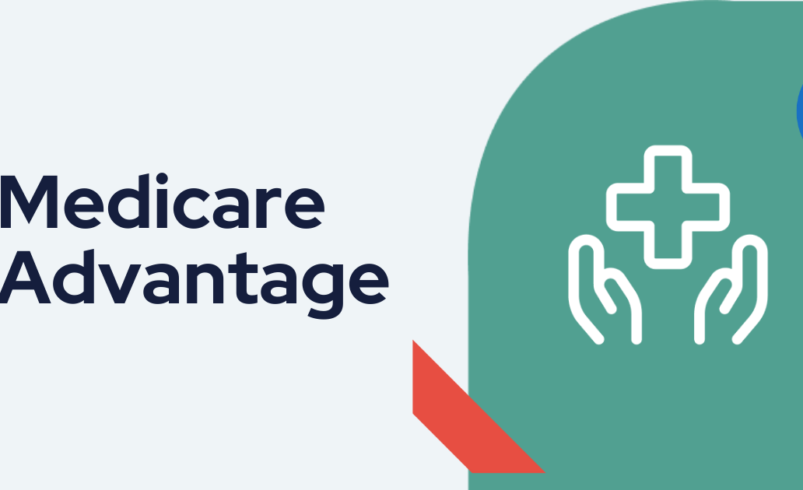Financial Security and Money Tips and Podcast of Dean Graziosi

Many people pursue financial security because jobs can hardly cover healthcare and daily expenses in today’s times. For some, it might seem impossible for them to reach their goals by their 30s, but some are already making it big in their 20s.
It’s possible but you don’t necessarily need to deprive yourself of your wants. The first thing that you need to do is to be specific about what financial security means to you. Is it enough money for emergencies? Going on a vacation whenever you want? Retirement with enough money to buy medicines and pay for hospital bills?
If you’re interested in additional knowledge on what you can do to earn more, below are some tips that can help you out.
1. Get a Coach
What better way to start planning for your life than getting in touch with someone who is already a millionaire in their early years? They can show you the ropes, and guide you in the right direction, and someone is going to help you become more accountable with your actions. This is where Dean’s podcast can be of help, where you can listen to how to become successful, and he can help you develop an abundance mindset. There are also podcasts about becoming in control of your life resume and how relationships can affect your success.
Finding the right mentor will mean you can fast-track your goals and significantly decrease the stages of trial and error. It’s easier to find role models today that are concerned with your finances. You don’t have to follow ALL of their instructions. Instead, just take the helpful bits that apply to your life and leave the rest. Free up some time to create a drive that can help you achieve greater things in the future.
2. Start Today
Even if you think that it’s already too late, it’s not too early to start. Every penny that you save goes toward your retirement and they are going to cover everything when you can’t work anymore. Saving a few hundred dollars each month that grows with dividends and interest rates can go a very long way toward a financially free life. Asset allocation and investing in others that can help you make money can also be worth it, but this decision should depend on your risk profile.
3. Track the Amount You’re Spending
Download applications on your phone where you can key in what you’re spending and the amount that you’ve paid. It can be a major home renovation, dining out at a local restaurant, gas, subscription, or anything else. Free budgeting programs will often allow you to do this, and this is where you can discover that you may want to cook more instead of eating out to save. See more ways of saving money on this website here.
When you’re able to afford the ordering, and it’s more convenient for your busy lifestyle, then great. However, you can also take a look at those subscription services that are not worth it and cancel them before they renew.
4. Keep your Standard of Living Low
Generally, a rise in the income level can also mean increased spending. Suddenly, you’re finding all kinds of repairs that you think you need that you didn’t mind before. Others go to the spa for a facial, and there’s nothing wrong with self-care. However, excesses and upgrading to a higher lifestyle might put you in debt in the long run, especially if you can’t sustain your income.
When you’re able to keep your lifestyle at a lower level, then the income is going to grow, and you’ll find yourself having excess cash flow that you can put towards other emergencies. This might be a no-brainer for many people, but others might just spend a lot of money right then and there if they think they have a lot on their hands.
5. Never Be in Debt
Borrowing costs can balloon out pretty quickly, and you’ll have to pay interest rates on top of the principal. However, some people might find that it’s generally worth it, especially if you’re starting a business that you’re already an expert in or you want to continue your education. In these cases, a loan can be used as leverage, so you can reach your goals, which you can see more here: https://www.mindtools.com/a5g2h6s/golden-rules-of-goal-setting.
However, this is a different story when you find yourself frequently using your credit card for a lifestyle that you can’t afford. It’s a losing proposition, and the added expense of the debt in the form of annual percentage rates can be a heavy burden for many people.
Pay off the debts, and you can start with the ones that have the highest interest rates so you can stop them from growing. Any liabilities that are not going to help you get more money should be kept at a minimum. After you’ve cleared everything, it’s best to start becoming more financially disciplined. Set a budget each month and only pay for a high-ticket item after you’ve saved up for it.
6. Develop an Emergency Fund
Life can be pretty much unpredictable, where the car can break down at any minute, and someone might need to go to the hospital for a life-and-death situation. Whether it’s an unexpected expense, sudden illness, or unemployment, you must have a cushion that you can fall back on in case something doesn’t go with your plans.
7. Have Clear Goals
An economic crisis can happen at any time, and whether you’re in your 20s or 30s, you should start planning your retirement as soon as possible. Now, this is something that many people are thinking that’s still far from their timeline, but compounding interest can work in your favor.
Build a nest egg before it’s too late. An automatic plan contribution like a traditional IRA or a 401k can be a good idea. If it’s employer-sponsored, then you can increase your contributions more. Opening these accounts can help you develop the habit of saving, and make sure to reach the maximum each year to lower your taxes.



